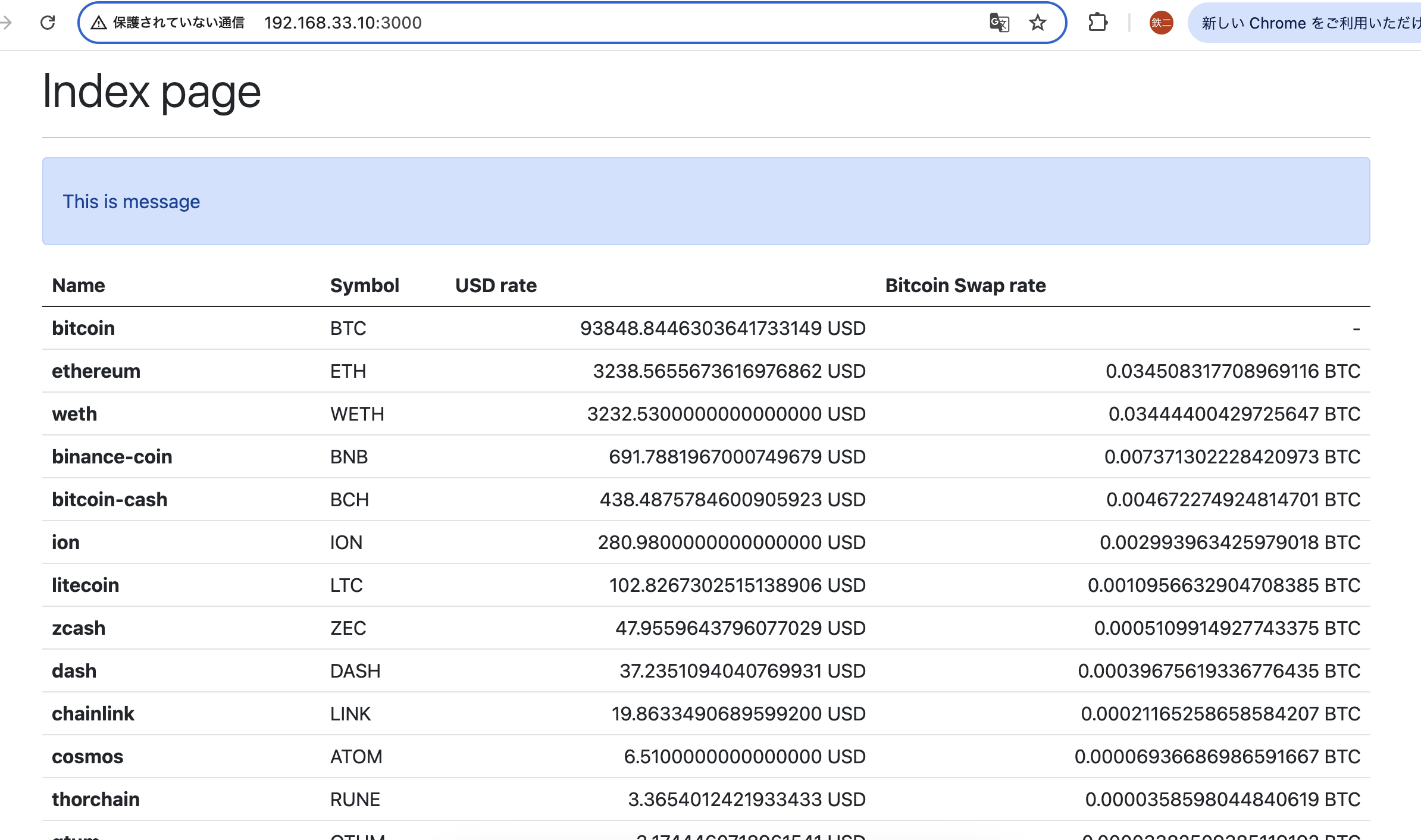use std::{collections::HashMap, sync::Arc};
use axum::{
async_trait,
extract::{FromRequestParts, Request, State},
middleware::Next,
response::Response,
RequestExt as _,
};
use axum_extra::{
headers::{authorization::Bearer, Authorization},
TypedHeader,
};
use http::{request::Parts, StatusCode};
pub type Token = String;
pub type UserMap = HashMap<Token, User>;
#[derive(Debug, Clone, PartialEq, Eq)]
pub struct User {
pub username: String,
}
pub fn build_user_map() -> UserMap {
let mut user_map = HashMap::new();
user_map.insert(
"aaa".to_string(),
User {
username: "Andy".to_string(),
},
);
user_map.insert(
"bbb".to_string(),
User {
username: "Bella".to_string(),
},
);
user_map.insert(
"ccc".to_string(),
User {
username: "Callie".to_string(),
},
);
user_map.insert(
"ddd".to_string(),
User {
username: "Daren".to_string(),
},
);
user_map
}
#[async_trait]
impl<S> FromRequestParts<S> for User
where
S: Send + Sync,
{
type Rejection = StatusCode;
async fn from_request_parts(parts: &mut Parts, _: &S) -> Result<Self, Self::Rejection> {
let user = parts
.extensions
.get::<Self>()
.expect("User not found. Did you add auth_middleware?");
Ok(user.clone())
}
}
pub async fn auth_middleware(
State(user_map): State<Arc<UserMap>>,
mut request: Request,
next: Next,
) -> axum::response::Result<Response> {
let bearer = request
.extract_parts::<TypedHeader<Authorization<Bearer>>>()
.await
.map_err(|_| StatusCode::BAD_REQUEST)?;
let token = bearer.token();
let user = user_map.get(token).ok_or(StatusCode::UNAUTHORIZED)?;
request.extensions_mut().insert(user.clone());
Ok(next.run(request).await)
}
mod auth;
use std::sync::Arc;
use axum::{middleware::from_fn_with_state, routing::get, Router};
use auth::{auth_middleware, build_user_map, User, UserMap};
#[tokio::main]
async fn main() {
let user_map = build_user_map();
let app = build_app(Arc::new(user_map));
let listener = tokio::net::TcpListener::bind("0.0.0.0:3000").await.unwrap();
axum::serve(listener, app).await.unwrap();
}
#[rustfmt::skip]
fn build_app(user_map: Arc<UserMap>) -> Router {
let public_router = Router::new()
.route("/public", get(public));
let private_router = Router::new()
.route("/private", get(private))
.route("/your-name", get(your_name))
.route_layer(from_fn_with_state(user_map.clone(), auth_middleware));
Router::new()
.nest("/", public_router)
.nest("/", private_router)
.with_state(user_map)
}
async fn public() -> &'static str {
"This is public."
}
async fn private() -> &'static str {
"This is public."
}
async fn your_name(user: User) -> String {
format!("Your name is {}.", user.username)
}
curl http://192.168.33.10:3000/public
curl -I http://192.168.33.10:3000/private
curl -H ‘Authorization: Bearer aaa’ http://192.168.33.10:3000/your-name
やりたいことはギリわかるが、Bearer認証およびtraitのextensionとauth middlewareのinputとその先の内容がイマイチ理解できん…

